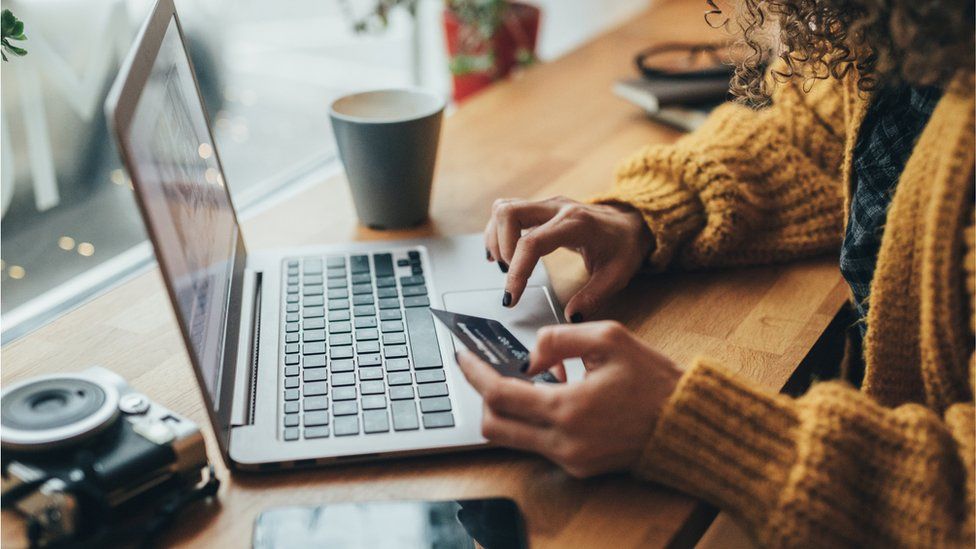5 tips to shop more safely online and protect your privacy
Online purchasing is no longer the novelty it was three decades ago when the internet first appeared. Scammers and cyber-criminals have taken notice of all the money pouring over the internet. Fortunately, there are a few basic actions you can take to reduce your exposure and secure your personal information.
1. Locate the lock symbol.
A lock icon appears to the left of the URL when you're on a secured website. On unprotected websites, the URL will start with "http" rather than "https." “https” indicates that the website has been protected with a digital certificate, ensuring that your data is not intercepted by a third party. Certificate Authorities provide these endorsements, and web browsers such as Google Chrome and Mozilla keep lists of Certificate Authorities they trust.
2. Use a password manager
It's critical to have a strong and unique password to secure your information on sites where you shop frequently. However, remembering a strong and unique password for each website you visit is a lot to ask of your brain. Password managers can help with this.
Password managers come pre-installed on browsers like Chrome and Safari and most smartphones as well as most smartphones — and frequently advise strong passwords when you first create an account with a website. You'll just have to remember one password this way.
3. Be skeptical of customers’ testimonials.
It's easy to be swayed by a nice star rating in the age of online buying. According to a study by Michael Luca, an associate professor of business administration at Harvard Business School, “an increase of one star on Yelp improves a restaurant's sales by 5% to 9%”
However, avoiding the most polarized viewpoints is beneficial. Look for reviews around the middle, which are more likely, to be honest, and informative. It's also a good idea to compare more expensive goods to professional ratings from reputable sources.
4. Keep track of your transactions on a regular basis.
Even if you do everything correctly, your information can be taken. That's why it's critical to keep a close eye on your bank account and credit cards: The sooner you detect fraud, the sooner you can put a stop to it.
Some scammers aren't just wanting to make purchases on your money; they're also looking to register accounts in your name using your information. It's also a good idea to routinely monitor your credit report through a credit bureau or online service, in addition to examining your transactions for unusual behavior.
5) Use anti-malware software
Using a good anti-malware or antivirus tool can help you secure yourself even more. It's a good idea to utilize this whenever you shop online, whether on your computer or on your phone. Fortunately, most packages provide cross-platform protection, and many of them also include features such as VPN access and password management, allowing you to manage all of your security settings from a single location.







